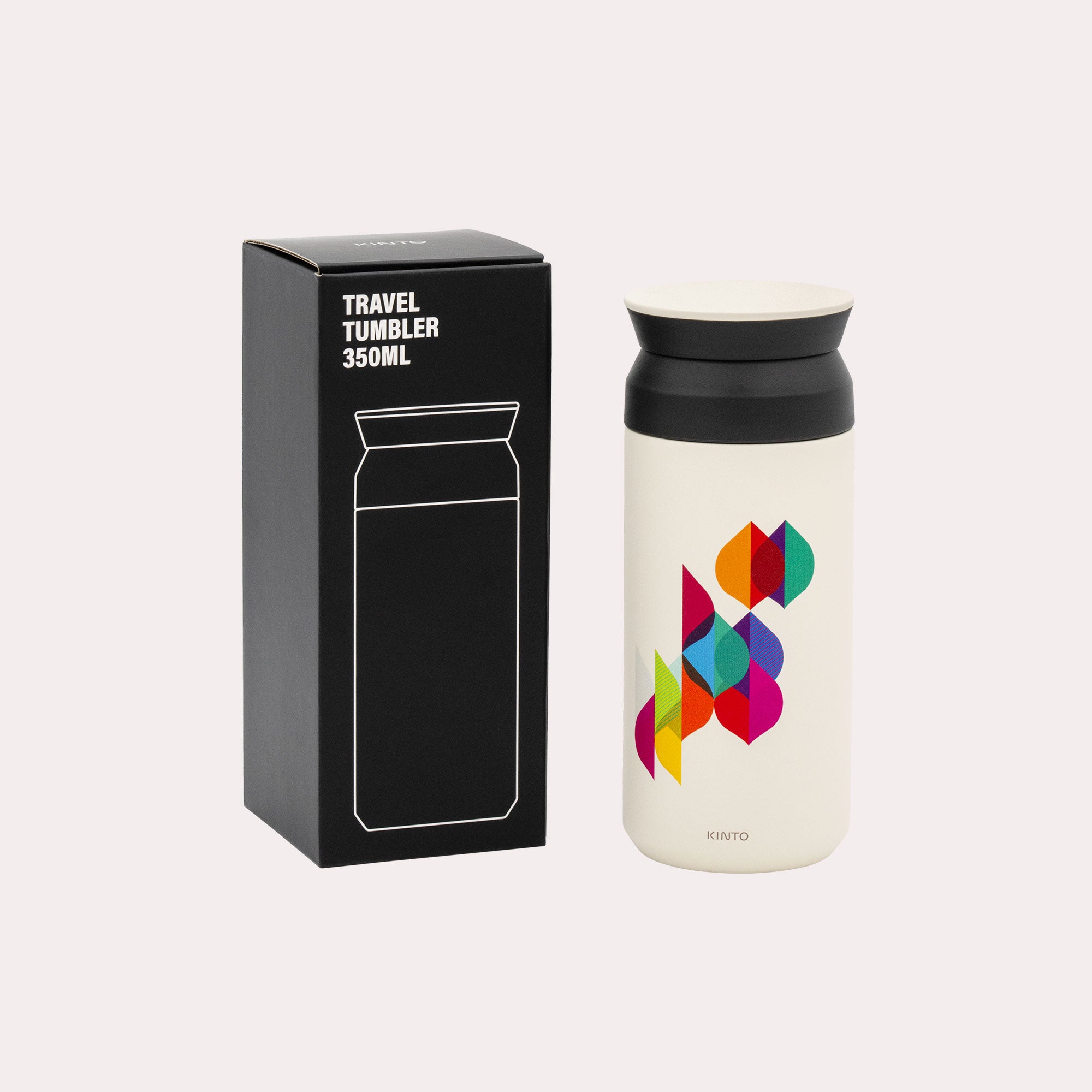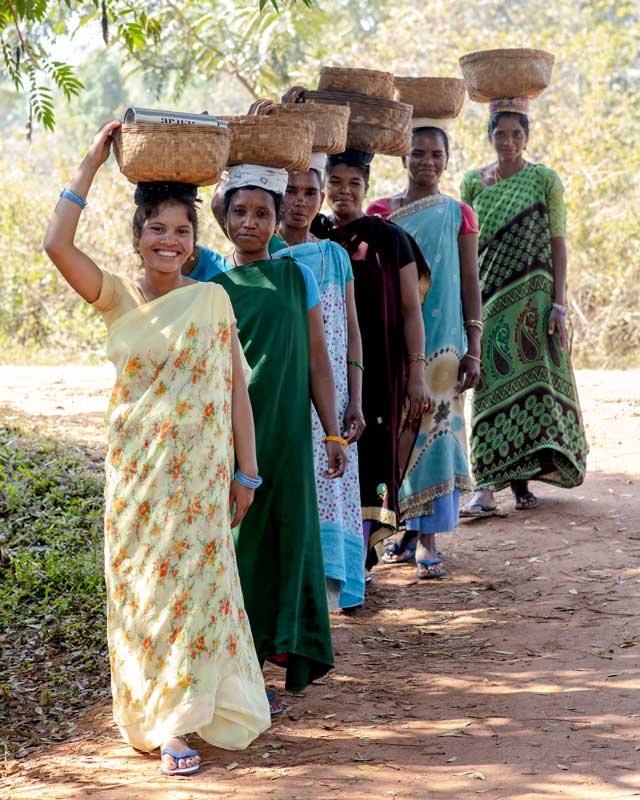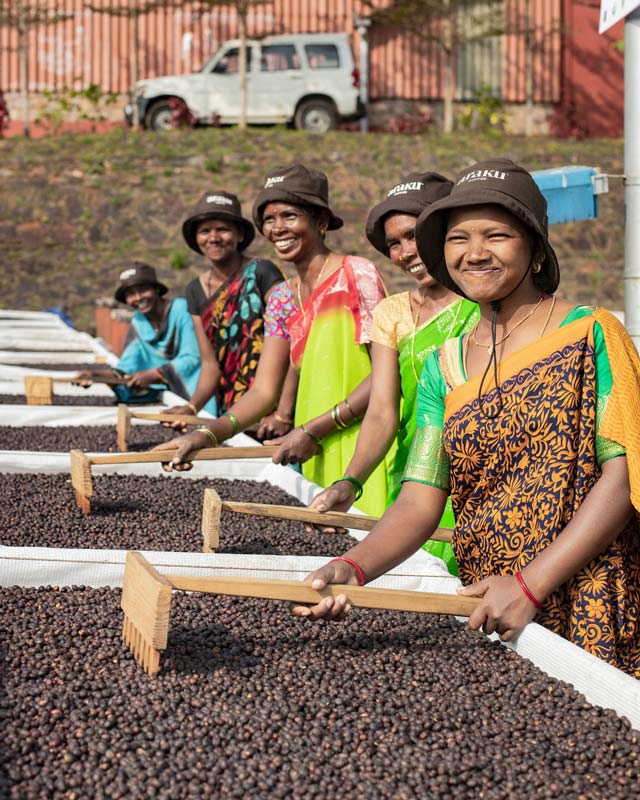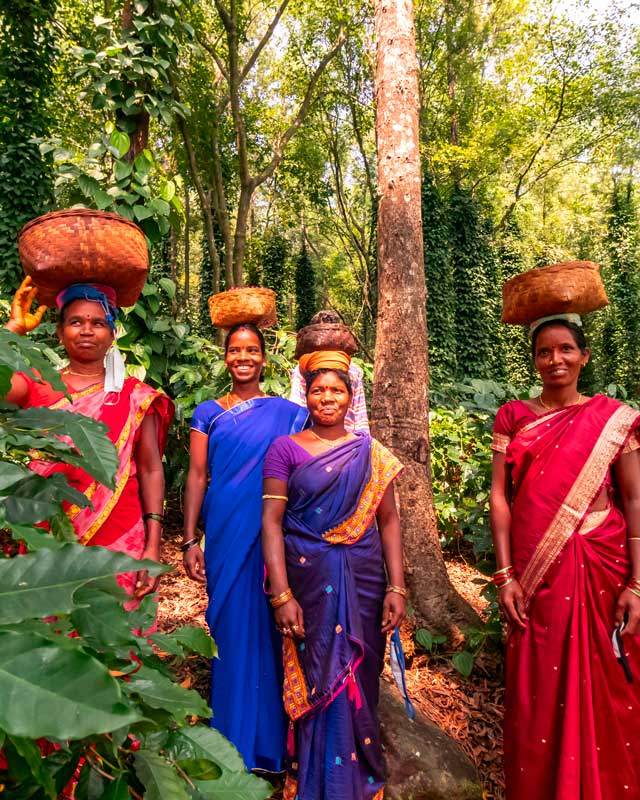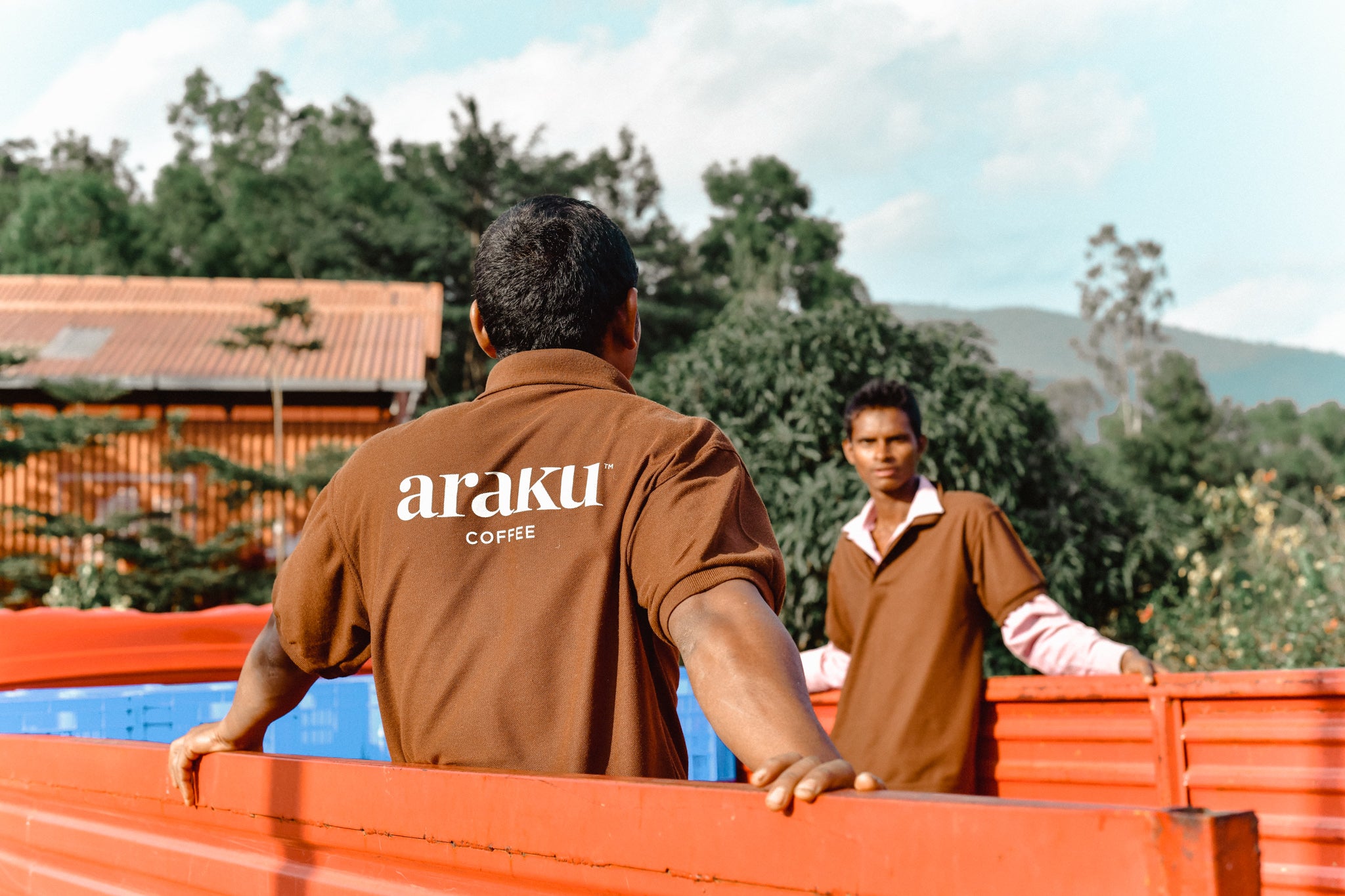Label and certification: what’s the difference?
First of all, you have to know what you're talking about. When an ethical coffee is “labelled”, it is because it is awarded a certain level of distinction linked to its respect for the environment, the quality of the product or the ethics of its production circuit right down to the heart of the plantations. For an ethical coffee or a fair trade coffee, a label plays the role of a benchmark for the consumer and helps answer some of their questions about a brand's commitments.
Briefly, the certification of an ethical coffee or that of a fair trade coffee plays almost the same role as a label for the consumer. With one difference! Certifications are often more precise in their analysis of the product, issued by independent and recognized organizations. The objective of certification is clear: to provide guarantees of quality and traceability for the product.
Ethical coffee, fair trade coffee… What criteria should you respect?
To meet certification expectations, brands must meet numerous criteria required by the organizations. Generally, fair trade coffee or ethical coffee meets three main criteria.
- Coffee must be produced following fair trade logic : this characteristic is at the heart of certifications such as Fairtrade International (FLO). It guarantees that producers receive a minimum price for their coffee, thus ensuring decent income and In addition, these certifications often include bonuses for communities, allowing investment in local development projects.
- Coffee must be produced in an environmentally sustainable way : labels such as Rainforest Alliance and UTZ Certified emphasize environmentally friendly agricultural practices . This includes soil conservation, preserving biodiversity and reducing the use of agrochemicals
- Coffee production must lead to decent working conditions : agricultural workers are properly considered as key players in the production chain. They must benefit from reasonable working hours, receive fair wages and carry out their duties in good conditions with appropriate safety measures.
And Araku in all this?
What constitutes the very essence of coffee production at Araku is the notion of fair trade coffee by focusing on the construction of an ethical trading system. Beyond obtaining high quality coffee, we seek to have a positive impact on the families of farmers producing fair trade coffee in the Araku Valley. In this region, the fair trade coffee plots belong to the farmers. They are therefore both producers and owners. In addition, producers are paid according to an economic model focused on transparency and income stability. In this way, the notions of ethical coffee and fair trade coffee present their full meaning, thanks to our direct circuit system. It is therefore no coincidence that Araku fair trade coffee bears the emblem of the Fairtrade label, which guarantees the producer a fair wage, regardless of fluctuations in the price of the world coffee market.


